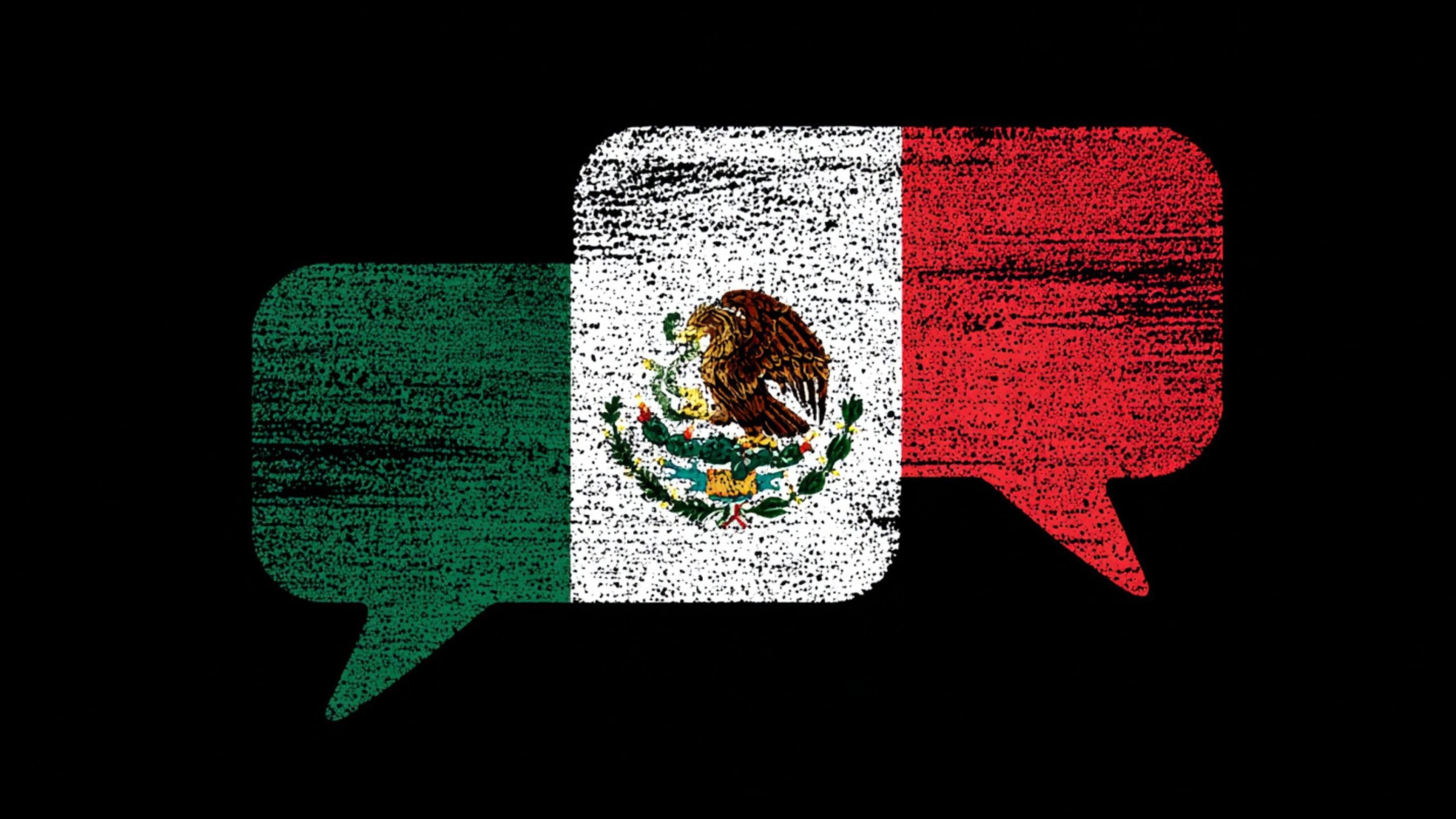Mexico’s Congress is once again at the center of a free speech storm.
This time, Deputy Armando Corona Arvizu from the ruling Morena party is proposing to make it a crime to create or share AI-generated memes or digital images that make fun of someone without their consent.
His initiative, filed in the Chamber of Deputies, sets out prison terms of three to six years and fines for anyone who “create, manipulate, transform, reproduce or disseminate images, videos, audios or digital representations” made with artificial intelligence for the purpose of “ridiculing, harassing, impersonating or damaging” a person’s “reputation or dignity.”
Read the bill here.
The punishment would increase by half if the person targeted is a public official, minor, or person with a disability, or if the content spreads widely online or causes personal, psychological, or professional harm.
The bill presents itself as protection against digital abuse but is, as always, a new attempt at censorship.
The initiative would insert Articles 211 Bis 8 and 211 Bis 9 into the Federal Penal Code, written in vague and sweeping terms that could cover almost any form of online expression.
It makes no distinction between a malicious deepfake and a harmless meme.
By criminalizing content intended to “ridicule,” the bill allows courts or public figures to decide what counts as ridicule. That opens the door to arbitrary enforcement.
There are no explicit protections for parody, satire, or public-interest criticism, all of which are essential to a free society.
Even more troubling, the law increases penalties when the alleged victim is a public servant.
That provision could turn the law into a tool for politicians to insulate themselves from criticism, since any joke, meme, or cartoon could be claimed to harm their “dignity.”
Mexico has long relied on humor as a form of political expression.
Memes, cartoons, and viral jokes often serve as the public’s way of questioning authority. Turning that humor into a potential crime would be a serious step backward.
Instead of making the internet safer, this measure could create a chilling effect that discourages users from speaking or joking freely for fear of prison time.
This is not the first time Morena has tried to police online humor. Former Puebla governor Alejandro Armenta introduced what became known as the Censorship Law, which sought to punish people for “insulting or offending” others online.
The watchdog group Article 19 warned that its broad language could easily be used against journalists or ordinary citizens.
Earlier this year, Ricardo Monreal suggested an Anti-Memes Law that would have required humorous posts to be labeled as “memes” to avoid penalties. Public outrage forced him to abandon the idea.
Corona’s proposal follows the same path under a new label. While it claims to address the dangers of AI manipulation, its vague wording threatens free expression instead of safeguarding it.










